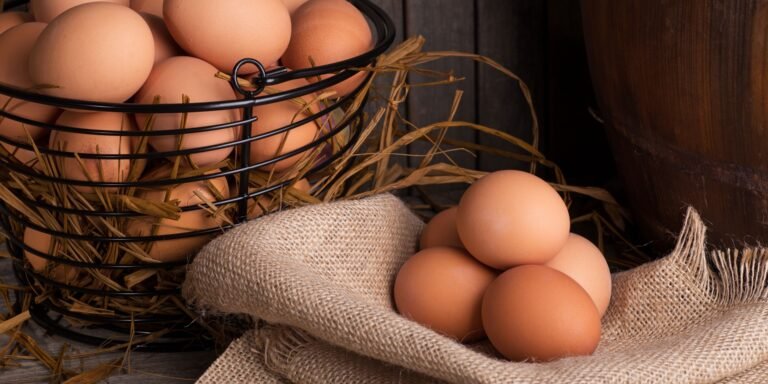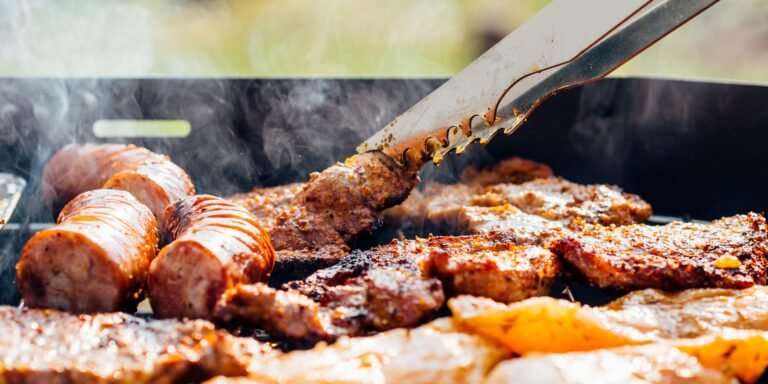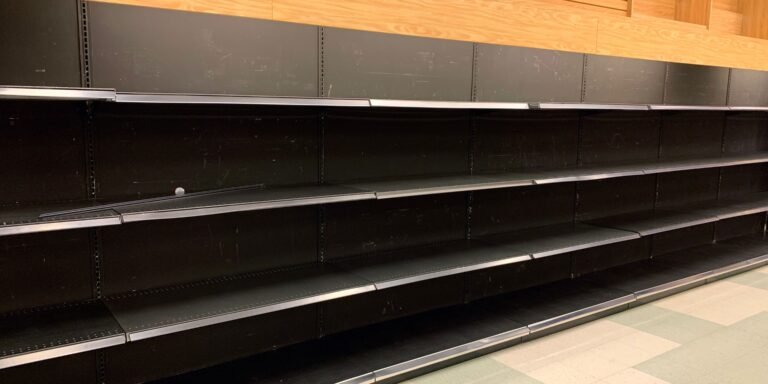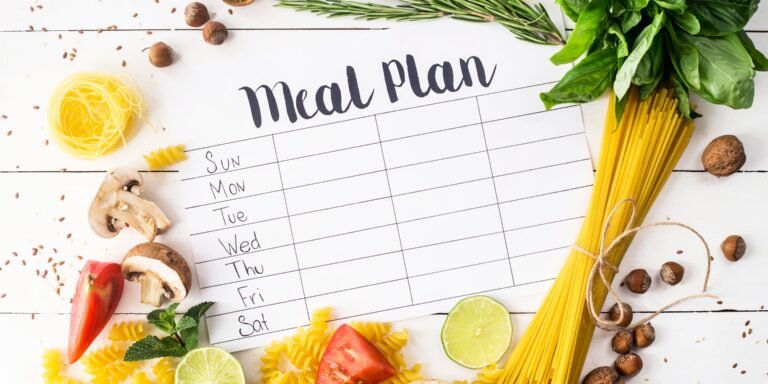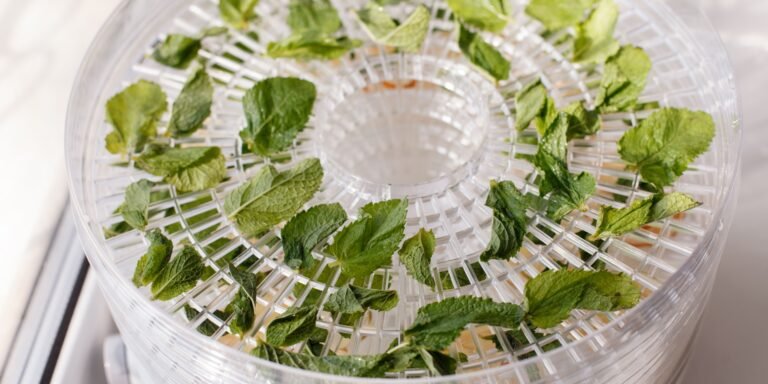How Long Does Home Canned Food Last?
This post may contain affiliate links, full disclosure here.
Long-term food storage isn’t strictly necessary in today’s society, but it can help you stretch your dollar and your food supply. Canning food can also help you in an emergency situation, especially if you cannot get access to fresh food.
The gathering of an emergency food stockpile is one of the most difficult tasks that preppers confront. Preparing isn’t a new experience.
Prepping has been practiced by many cultures. The Mayan society is an example of a people that were able to survive and develop a big empire because of their ingenious food storage methods. The Mayans developed a way of storing sweet potatoes that allowed them to keep them for up to ten years.
Canning your own food not only allows you to customize the flavor of the food but also allows you to store it without the use of hazardous chemicals or unnatural components.
Food security is not a new concept, but many of us in the modern world are preparing for a period when our ample harvests become scarce.
Here is the answer to your question: How Long Does Home Canned Food Last?
See also: Top 20 Barter Items to Stockpile
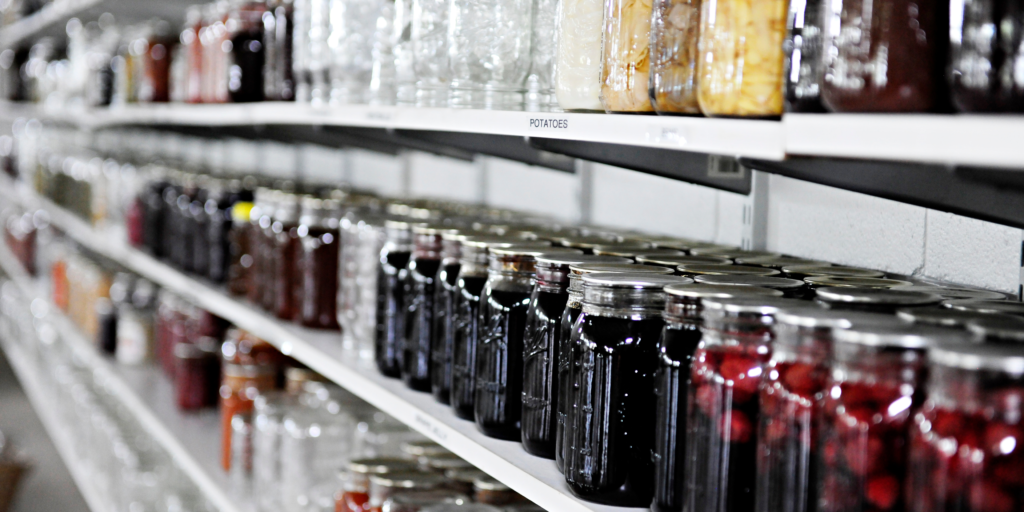
Shelf Life of Home Canned Foods
Home-canned foods have a 2-5 year shelf life, depending on the food you are canning and storing.
The shelf life of canned food in your house is determined by the type of food you’re preserving. Most home-canned foods have a one-year shelf life in general.
This is usually less time than store-bought canned products, which are loaded with preservatives to preserve them from rotting.
While purchasing canned items from the store may extend their shelf life, you will be sacrificing important nutrients and absorbing hazardous additives in return.
The shelf life of food that you can is determined by the sort of food that you can. Home-canned goods have a shelf life of around a year, according to the USDA.
The brief mention of home-canned food does not imply that you should forego canning as a technique of storing food for a rainy day. It means you’ll have to be more mindful of how you prepare and consume food in order to finish canned goods within a year.
Shelf Life Of Low Acidic Foods
Foods that are low in acid have a substantially longer shelf life. Commercially canned meats, poultry, soups, and a variety of vegetables such as maize, peas, and squash were among the foods that were not tomato or citrus-based. When properly preserved, these foods can survive for up to five years. The USDA recommends a two- to five-year shelf life.
Commercially canned veggies and meats are a great addition to emergency food supplies, especially if you follow a food rotation plan. Because they have a comparable shelf life, highly acidic foods can supplement your home-canned food supplies. Keep in mind that home-canned goods have a one-year shelf life, whereas commercially canned foods can last anywhere from a year to 18 months.
Shelf Life Of Home Canned Foods Reference Chart
| Food Type | Shelf Life | After Opening / Cooking |
|---|---|---|
| Rice and dried starches | 2 years | 3-4 days w/refrigeration |
| Low Acid Canned Goods (including most meats) | 3-5 years | 3-4 days w/refrigeration |
| High Acid Goods (tomatoes, tropical fruits, krauts, etc…) | 1-2 years | 1 week w/refrigeration |
| Jerked Meats (commercial) | 1 year | N/A |
| Dry/hard Porks | 6 weeks | 3 weeks refrigerated |
| MREs | 120 °F, 1 month 100 °F, 1 1/2 years 90 °F, 2 1/2 years 80 °F, 4 years 70 °F, 4 1/2 years 60 °F, 7 years | Unclear / depends on specific MRE |
| Seafood Pouches | 1-2 years | 4 days w/refrigeration |
| Dried Egg Whites | 12 – 16 months | Reconstituted eggs should be used immediately (within 2-3 hours) |
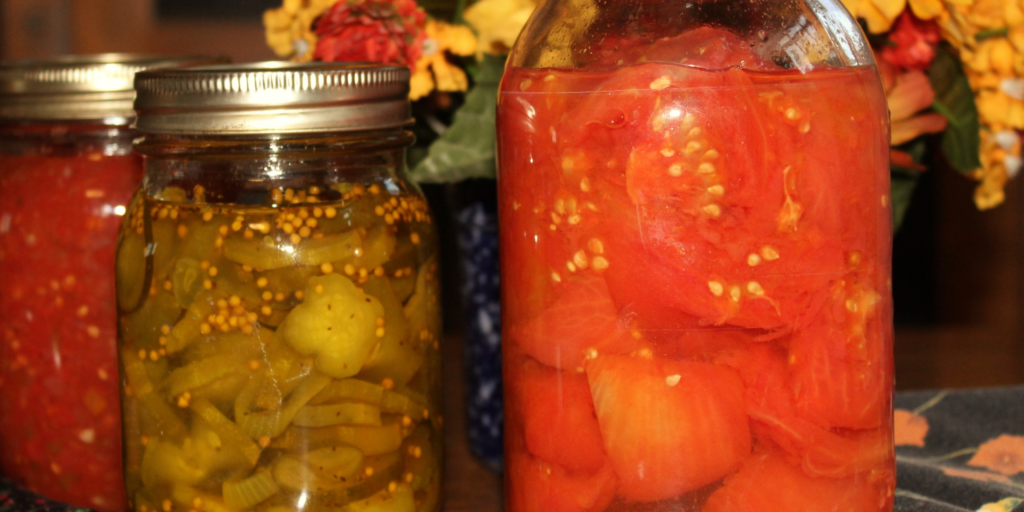
How To Make Home-Canned Foods Last Longer
Just because home-canned foods don’t survive as long as store-bought canned products that does not imply it’s not a viable or cost-effective food storage option.
To get the most out of your canned foods at home, you only need to be careful and take some precautions.
They can bulge or explode if your food has gone bad or is infected. If the top of the can has popped off, the seal has broken, or there are any leaks, the food has most certainly gone bad and should be thrown away.
Here are some tips for extending the life of your canned goods and getting the most usage out of them:
Rotating Foods
Using a food rotation method can help you use up the oldest canned goods first while preserving the newest canned foods for later. Be sure to note of the date you prepared the cans and make sure you use the oldest ones first.
It is achievable, and many individuals have survived to tell the tale of home-canned foods’ lengthy shelf life. Even yet, in an emergency food scenario, it’s better to be safe than to risk illness from spoiled food. Surprisingly, the USDA sets different rules for commercially canned goods than for fresh items.
adequate Space To Store
It’s critical to preserve canned products in the proper conditions to ensure that they last as long as possible. In general, canned goods should be kept cool, dry, and dark.
The optimum location is a pantry or basement with temperature control. The majority of canned foods should not be kept in the fridge or in direct sunlight.
Using A Proper storage container
Many items come in cans rather than alternative packaging options for a reason. Metal cans are your best bet for proper food storage, even if clear mason jars are more aesthetically pleasing and allow you to see what’s going on inside.
They also offer the advantage of blocking light and some heat while maintaining an airtight seal.
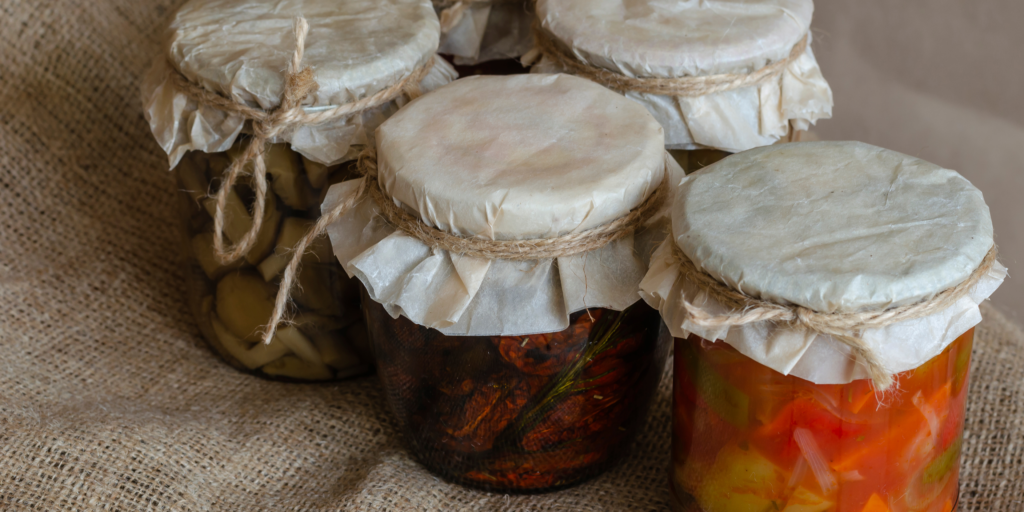
What to Avoid when Storing Home Canned Foods
There are some things you should avoid in order to keep your food as long as possible, just as there are some procedures you can take to increase the shelf life of your canned products.
Water
Throw aside any food that has become wet or has been exposed to moisture in any manner. Bacteria and pests thrive in moist environments.
Heat
Heat drastically reduces the shelf life of canned foods. Throw aside any canned items that have been exposed to hot heat or direct sunlight. Food spoils faster when exposed to light and heat, and bugs thrive in this environment.
Resealing and Reopening
When you open a tin of canned food, the timer on its expiration starts ticking. Most of the time, you shouldn’t open a can of food and then reseal it, expecting it to last as long as it did when you first canned it.
The food has been exposed to oxygen, moisture in the air, and a change in temperature as a result of opening the can, all of which can lead to contamination. Before opening another can, finish the one you’ve already opened, and avoid opening and resealing many times if at all possible.
Food that hasn’t been washed or dirty containers
Make sure your cans, or whatever storage container you pick, are clean and dry before using them.
This not only protects your food from contamination, but it also prevents any residue from seeping into it.
Before canning, make sure you thoroughly wash any goods to remove surface microorganisms and pesticides.
Now that you’ve learned the essentials, you may confidently and properly make the most of your canned foods at home.
How Long Does Home Canned Food Last Bottom Line
You can stock your emergency food cabinet with foods that you use due to the long shelf life of most commercially canned foods and the use of a good food rotation system.
Commercially canned food is typically less expensive than freeze-dried meals, and with a little forethought, preppers may obtain the same or better outcomes while saving money and storing up on high-quality, nutritional emergency supplies.
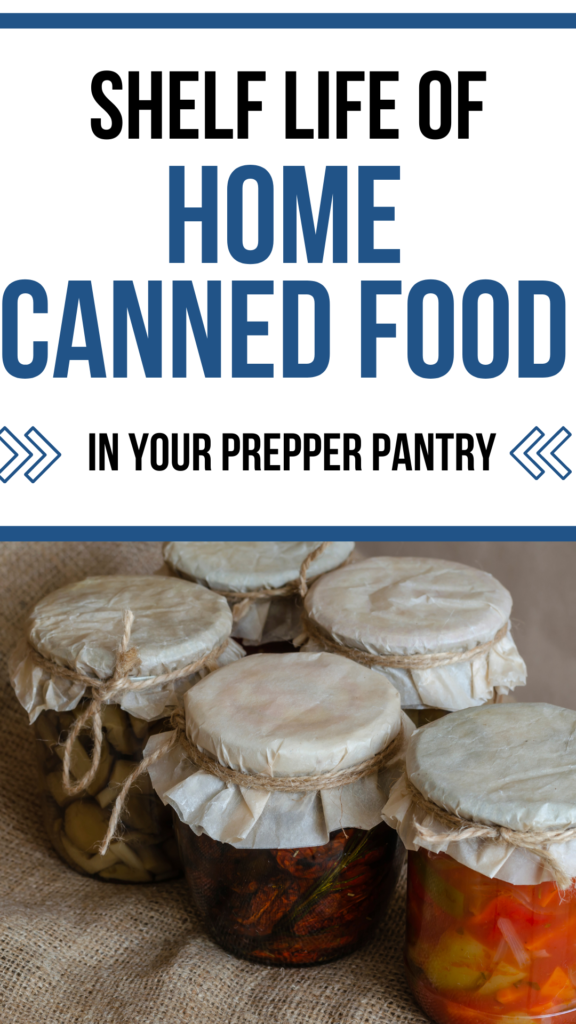
References
- Andress, Elizabeth. “History, Science and Current Practice in Home Food Preservation.” Webinar. 27 February 2013. 1:15:45. Accessed January 2015.
- Ibid. At 1:26:50
- Jessica Piper. Video: Canning Lids 101. 8:25. Accessed March 2015
- Ibid. At 5:33.
- Ibid. At 5:07 and 9:15.
- Ball. How Long does Canned Food Last. Accessed June 2016 at https://www.freshpreserving.com/tools/faqs/how-long-does-canned-food-last
- Abraham, Lois. Best-before dates guide food quality, not safety, experts say. Canadian Press. 14 March 2016.
- Roach, Keith. Your Good Health: Drug not the cause of bone-marrow disorder. Victoria, BC: Times Colonialist. 19 February 2016.
- Abraham, Lois. Best-before dates guide food quality, not safety, experts say. Canadian Press. 14 March 2016.
- Andress, Elizabeth. “History, Science and Current Practice in Home Food Preservation.” Webinar. 27 February 2013. 1:15:30. Accessed January 2015.
- E. M. D’Sa, E. L. Andress, J. A. Harrison and M. A. Harrison. Thermal Process Development to Ensure the Safety of a Home-Canned Lemon Curd Product. Department of Foods & Nutrition Extension, (2) Department of Food Science & Technology, The University of Georgia, Athens, GA 30602-4356. Paper 020D-06. Presented at the Institute of Food Technologists Annual Meeting, Orlando, FL, June 26, 2006. Accessed August 2016.


